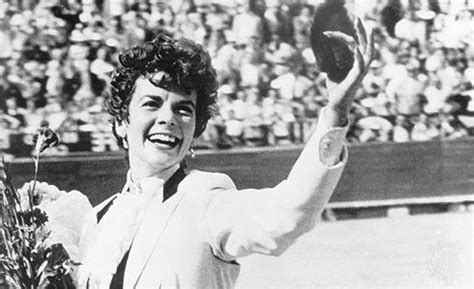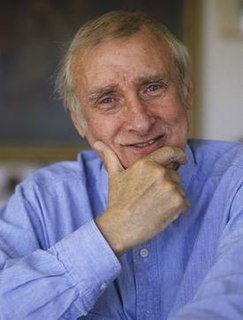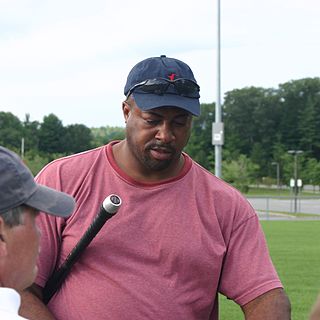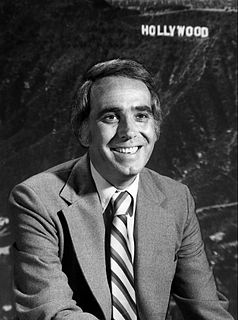A Quote by Ingrid Newkirk
All of us in society are supposed to believe that cruelty to animals is wrong and that it is a good thing to prevent needless suffering. So if that is true, how can meat be acceptable under any but the most extraordinary circumstances, such as perhaps roasting the bird who died flying into a window?
Related Quotes
I don't believe that anyone connected with bullfighting would deny that what happens in the ring has an element of suffering and perhaps cruelty to it. So then it comes back to whether the suffering and cruelty is justified by its place in a tradition that has deep roots in the culture. At present, the view in Catalonia apparently is that it does not.
I'm a vegetarian. You're a what? I don't eat meat. How can you not eat meat? I just don't. He says he does not eat meat. What? No meat? No meat. Steak? No... Chickens! No... And what about the sausage? No, no sausage, no meat! He says he does not eat any meat. Not even sausage? I know! What is wrong with him? What is wrong with you? Nothing, I just don't eat meat!
You will remember when a bird crashed through the window and fell to the floor. You will remember, those of you who were there, how it jerked its wings before dying, and left a spot of blood on the floor after it was removed. But who among you was first to notice the negative bird it left in the window? Who first saw the shadow that the bird left behind, the shadow that drew blood from any finger that dared to trace it, the shadow that was better proof of the bird's existence than the bird ever was?
Suppose I grant that pigs and dogs are self-aware to some degree, and do have thoughts about things in the future. That would provide some reason for thinking it intrinsically wrong to kill them - not absolutely wrong, but perhaps quite a serious wrong. Still, there are other animals - chickens maybe, or fish - who can feel pain but don't have any self-awareness or capacity for thinking about the future. For those animals, you haven't given me any reason why painless killing would be wrong, if other animals take their place and lead an equally good life.
Most people believe they have a clear idea of what's right and wrong. Many say they know how they'll act, or how they'll handle an extreme situation. But to be honest, no one knows. Not reallyBecause none of us truly knows what we'll do when the circumstances become so overwhelming and complex that we can't even tell right from wrong.
Most of the food crops raised in the world today are fed to livestock destined for slaughter for us to eat, and most of the water used is used to raise the food crops that are fed to those animals. It has been estimated that, because of the extraordinary amount of grain it takes to raise food animals, if we reduced the amount of meat we eat by only ten percent, that would free up enough grain to feed all the starving humans in the world. So when we choose to eat meat instead of vegetables, we are choosing to take food away from others who are hungry.
She said, "It's not life or death, the labyrinth." "Um, okay. So what is it?" "Suffering," she said. "Doing wrong and having wrong things happen to you. That's the problem. Bolivar was talking about the pain, not about the living or dying. How do you get out of the labyrinth of suffering?... Nothing's wrong. But there's always suffering, Pudge. Homework or malaria or having a boyfriend who lives far away when there's a good-looking boy lying next to you. Suffering is universal. It's the one thing Buddhists, Christians, and Muslims are all worried about."



































